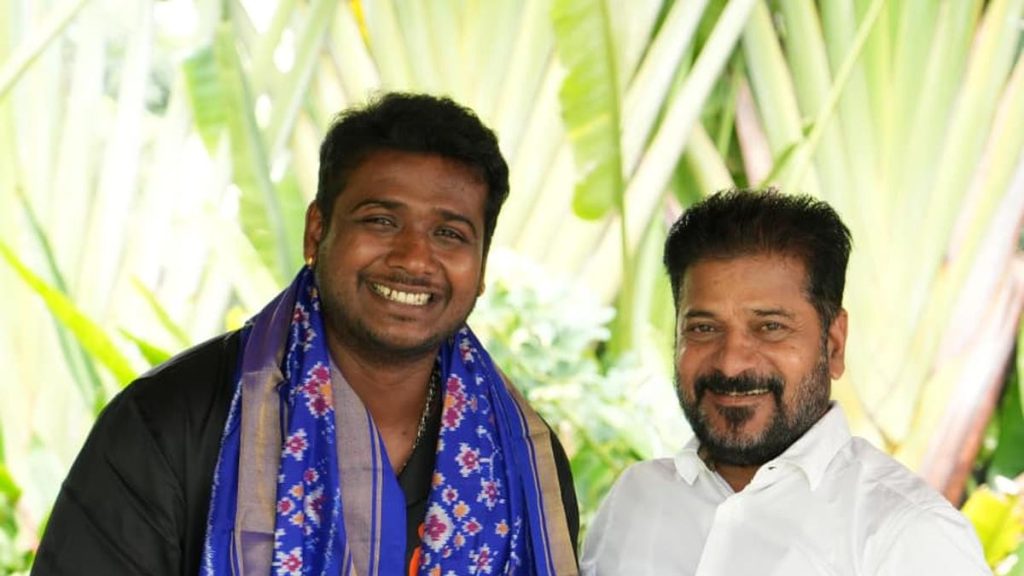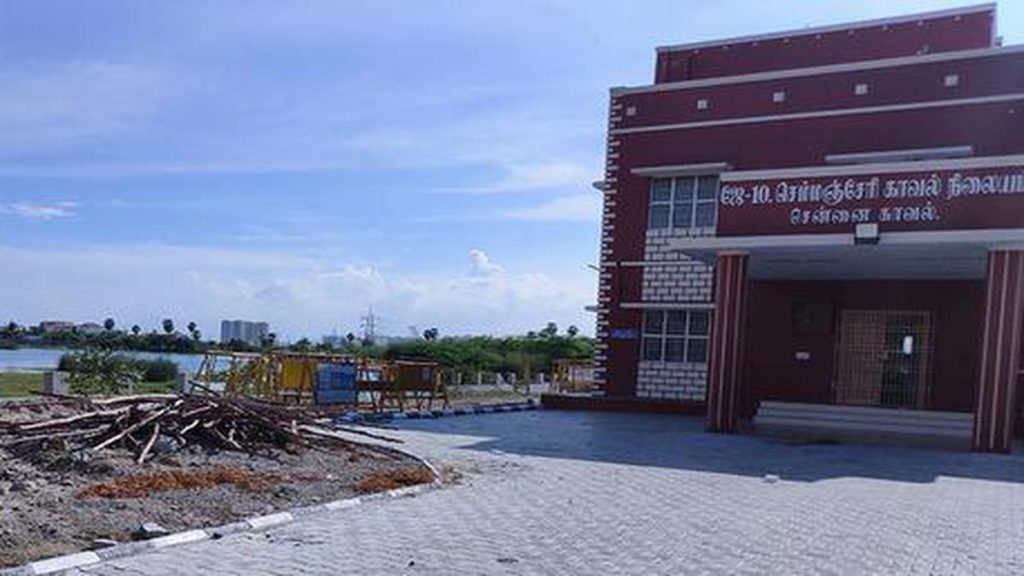Now Reading: Global Flourishing Study Reveals Insights on Age, Work, and Relationships
-
01
Global Flourishing Study Reveals Insights on Age, Work, and Relationships
Global Flourishing Study Reveals Insights on Age, Work, and Relationships

Speedy Summary
- Researchers are studying “human flourishing,” a multidimensional concept that encompasses happiness, meaning, relationships, health, financial stability, and more.
- The Global Flourishing Study is a 5-year longitudinal survey of over 200,000 individuals from 22 countries led by Regent University and Harvard University in collaboration with Gallup.
- Early findings indicate the traditional U-shaped well-being curve over a lifespan has flattened for young people due to factors like COVID-19 impacts and financial insecurity.
- Married individuals reported higher levels of flourishing compared to single people due to strong social connections in relationships.
- Employment stability contributes substantially to flourishing; retired individuals scored highest followed by self-employed and employed participants. Job seekers reported lower levels of well-being.
- Frequent religious attendance is linked with higher flourishing scores worldwide (including secular contexts), though some religious participants report pain or suffering tied to faith practices or personal struggles. Religion supports emotional connections via belonging, bonding, behavior cultivation (virtue/morality), and beliefs promoting hope and resilience.
- Childhood experiences-such as poor health at a young age or exposure to abusive environments-affect adult flourishing negatively.
- The united States scored lower on meaning and relationships compared globally despite better financial well-being results.
Indian Opinion Analysis
The exploration of human flourishing in the Global Flourishing Study highlights critical dimensions relevant for india’s socio-economic context. Findings such as the importance of stable employment resonate with ongoing challenges within India’s labor market marked by unemployment concerns among youth-a group prominently represented in this study as facing mental health challenges globally due to lack of purpose or security amidst shifting economic realities post-COVID.
India’s cultural fabric aligns strongly with the highlighted pathways such as family structures, education systems, and religion’s role-all universal pillars identified within this study contributing toward holistic well-being across nations tested. Religious practise especially stands out given its deeply ingrained role not just spiritually but as a community anchor for millions across different faiths locally supporting emotional resilience mechanisms useful per outlined psychology-research dynamics above assumptions noted having regional focus-processes validated contributors help views consistent neutral personal values truth-principled measurable-neutral

























